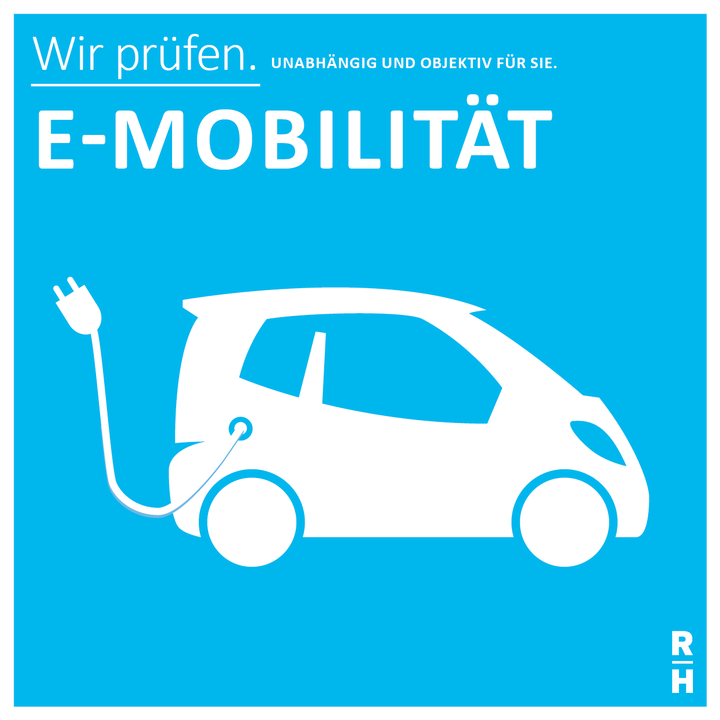E–mobility: the ACA calls for more customer-friendly electric charging

In 2010, the then federal government planned the countrywide introduction of e-mobility. The plan foresaw 250,000 registered double-track e-vehicles in Austria by 2020. However, the Austrian Court of Audit's (ACA) report "E–Mobility", which was published today, shows that the ambitious goal was far from being reached: by end-2019, some 40,200 double-track e-vehicles had been registered. This equals a share of 0.18 per cent of all registered two-track vehicles. The audit aimed at assessing the subsidies for the use of and research on e-vehicles and the corresponding charging infrastructure.
Simplifying the usability of e-vehicles
In their report, the auditors pointed to the potential for improvement as regards simplified services for e-mobility. If the users needed only one single customer card or could use direct cashless payment – e.g. via a cash card – e-mobility would become more appealing and the quality of the electric charging service would increase. In February 2018, more than 400 charging stations were in operation. Via a roaming platform, the customers can re-charge at any given station. However, the operators are not obliged to enable users to charge their e-vehicles with the customer card issued by operator A at a charging station of operator B. Moreover, this is not authorized by all operators. In such a case, the customers have to register before being able to use an electric charging station of a new operator.
The ACA recommends to the Federal Ministry of Climate Action, Environment, Energy, Mobility, Innovation and Technology to ensure that the operators of public charging stations implement a user-friendly identification and payment system.
Electric charging stations register without real-time data
The ACA has also detected deficiencies as regards the locating of electric charging stations. For the purpose of implementing the corresponding EU directive, E-Control, the Austrian regulator for electricity and natural gas markets, was tasked with providing a register of electric charging stations with the geodata of all public charging stations as well as information on the connector types and on the maximum possible charging capacity. The Federal Ministry of Science, Research and Economy, which was responsible for these matters at the time of the audit, did not plan to include current real-time information on the availability of individual charging stations, price or charging speed. Although E–Control prepared an advertisement with real-time information on the availability of charging stations, it did not upon the request of the Federal Ministry of Science, Research and Economy. The electric charging stations register of E-Control went online in 2020 with a delay of two years. It does not contain any real-time information. Although E–Control prepared real-time information on the availability of charging stations, it did not publish it upon the request of the Federal Ministry of Science, Research and Economy. The electric charging stations register of E-Control went online in 2020 with a delay of two years. It does not contain any real-time information.
The ACA recommends to the now responsible Federal Ministry of Climate Action, Environment, Energy, Mobility, Innovation and Technology to prepare a draft bill in which the operators of public charging stations are obliged to provide real-time information on their charging stations to E-Control. In the spirit of creating an added value for citizens, the responsible stakeholders should encourage that such information is indicated in the electric charging stations register.
- pdf Datei:
- 3,966.8 KB
- Umfang:
- 101 Seiten


